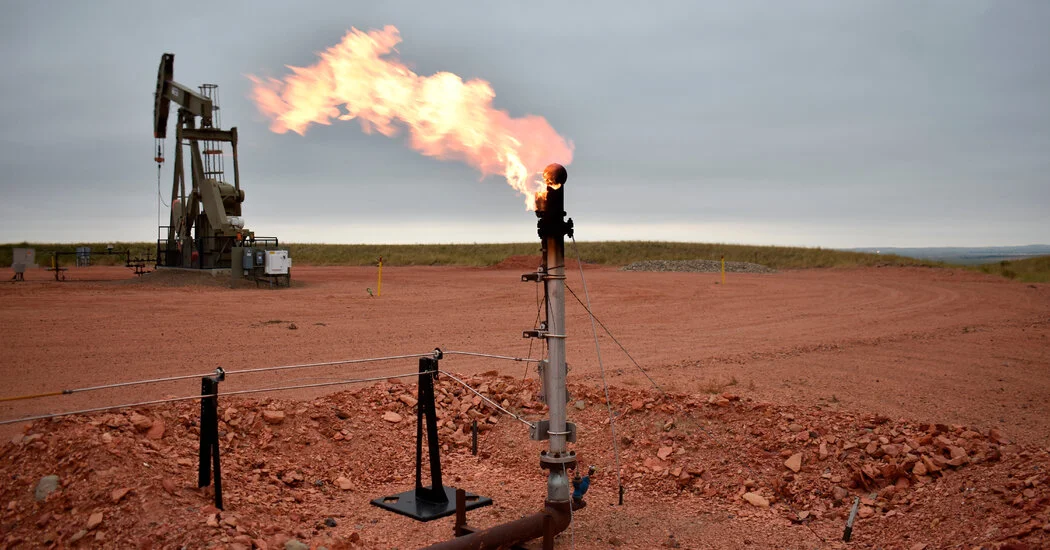The higher the number, the greater the government’s justification for compelling polluters to reduce the emissions that are dangerously heating the planet. During the Obama administration, White House economists calculated the social cost of carbon at $42 a ton. The Trump administration lowered it to less than $5 a ton. Under President Biden, the cost was returned to Obama levels, adjusted for inflation and set at $51.
The new estimate of the social cost of carbon, making its debut in a legally binding federal regulation, is almost four times that amount: $190 a ton.



I wonder how this will affect the price of diesel. From what I’ve read from farmers that is the main thing driving the price of food up. Whether it’s meat or veggies. It takes lots of diesel to run a farm, and this could have serious implications for our food prices.
I just want to be clear that as an outdoors person I also would like a cleaner environment, but I also have to eat. I eat what I kill. So, it’s important that the environment be clean. But, I can’t live off meat and veggies that I kill / forage.
Yes but climate change will have dramatically negative effects in agriculture in the long term. The cost of food can’t always be a silver bullet objection to climate regulation. We can undoubtedly find ways to grow food with less carbon cost if there is economic incentive for it, and long term impacts need to be considered even more than short term when we consider how bad the projections are.
Removed by mod
So … let the world burn?
Removed by mod
Removed by mod
Most of what we buy is artificially underpriced. This is in part because of government subsidies coming from our taxes. The other part, is significant exploitation of people out of your sight and mind.
When our lifestyle is priced at what it is due due human exploitation and suffering you have too options: exploit even harder to reduce prices or start paying a humane price for things. We’ve got it good in the West.
Removed by mod
As a parent, I’d think you would be particularly concerned about the long term impact of carbon emissions. If food is expensive now, what is going to happen to your kids’ quality of life when changing weather makes it impossible to raise food in traditional farming areas? Pretty much every model shows rapidly increasing food prices at best, widespread starvation at worst.
I’m sorry you’re struggling to feed your kids and I’m kinda baffled why you are assuming I have no sympathy for those in a bad spot. Perhaps a better solution would be to push for better government assistance for those who can’t afford food. Loosening carbon regulations to reduce food prices is just kicking the can down the road so the issue will be far worse when your children are adults.
deleted by creator
Also, here is something I’d like to share. This guy is talking about beef, but it applies to all agriculture. Veggies maybe even more.